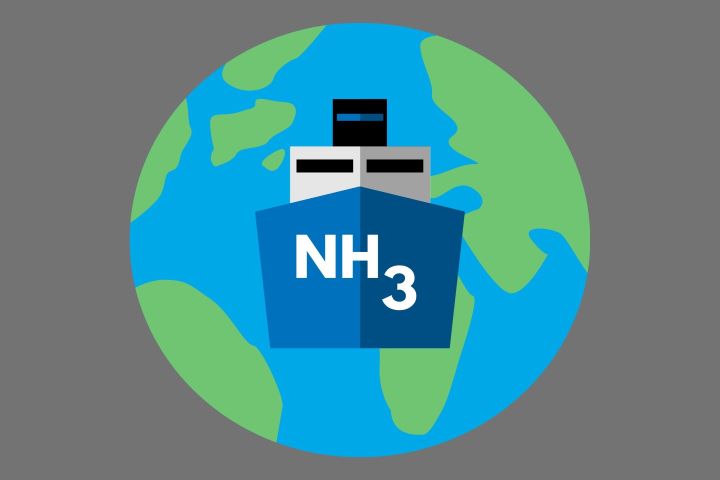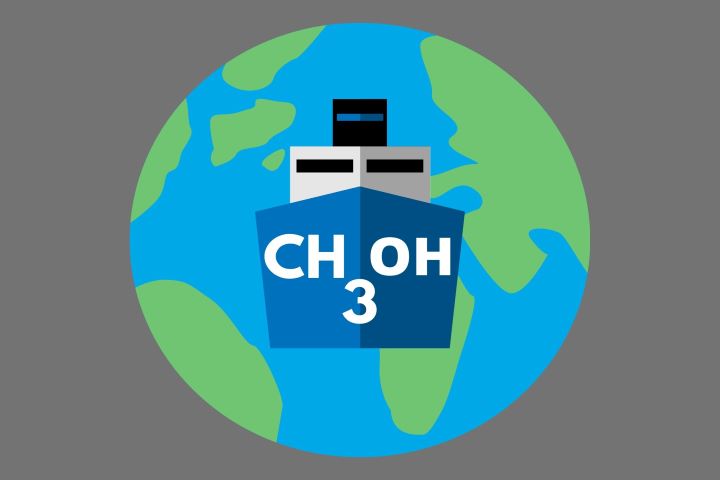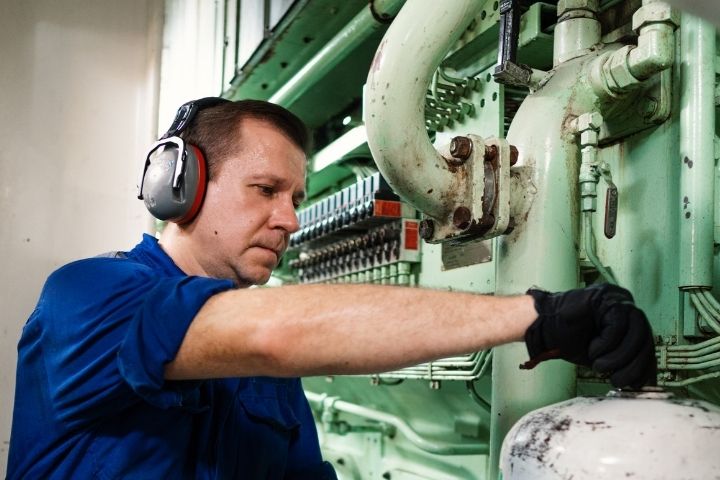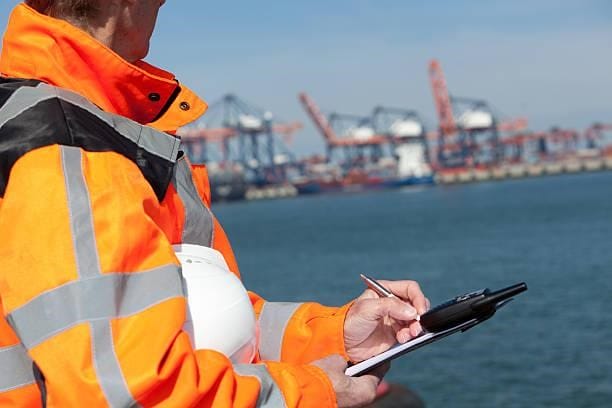Alternative Fuel Systems
Stream Marine Training are the industry leaders in coaching and competency for alternative fuels and systems. See below for the courses we offer.
If you are interested in a bespoke course, please do not hesitate to contact us at bookings@streammarinetraining.com

1 day course
Price On Request













